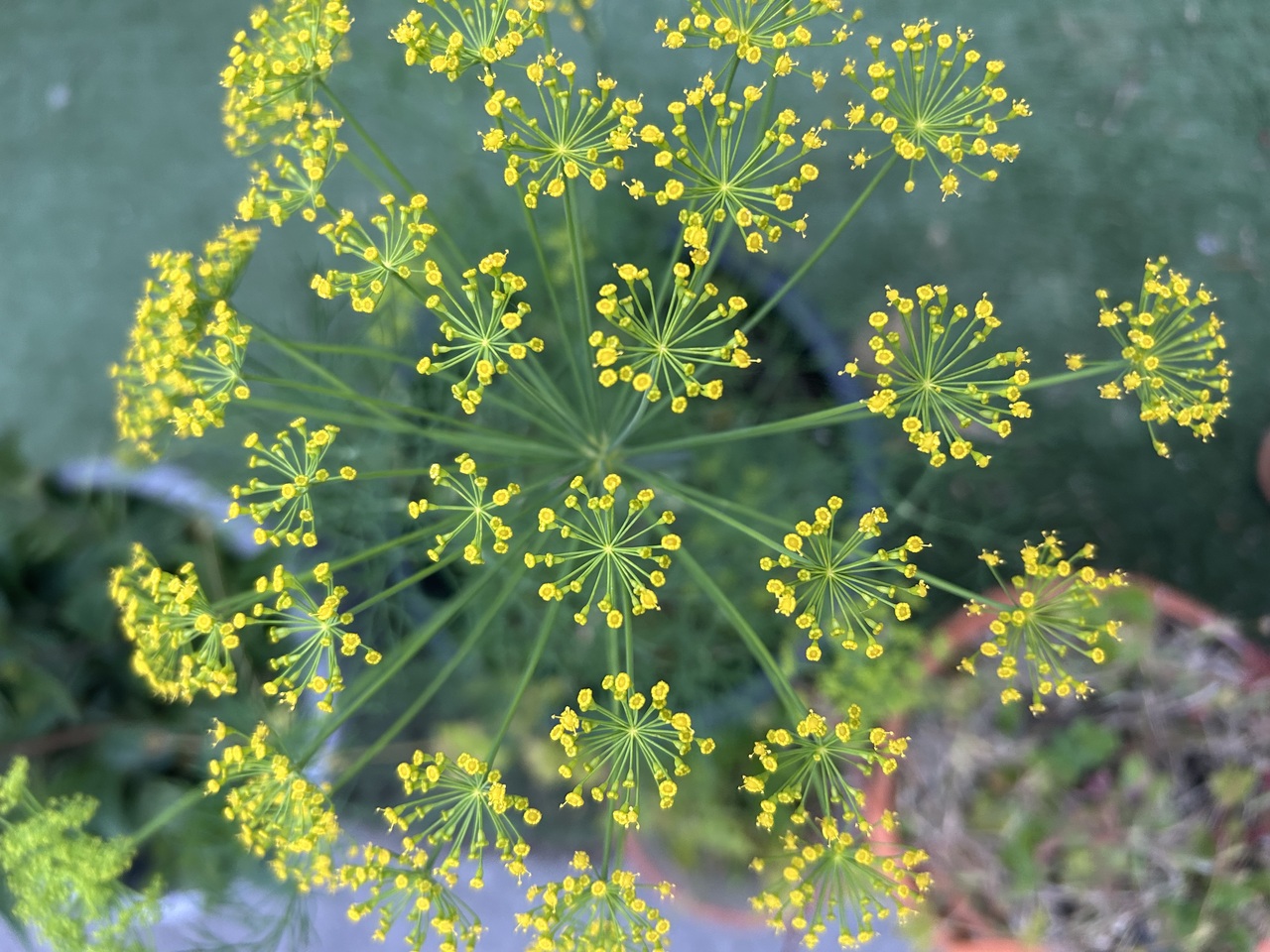
Becoming a free person
There are many theories in psychology and psychoanalysis
about what constitutes a person or an individual.
Some of them stress that our feelings of hate are at the heart of our
development of our identity. Freud for instance would say that hate
precedes love in our development. Others, Fairbairn for instance, did
not agree and said that love precedes hate. That hate is the
consequence of our frustrations and disappointments in love.
It is a difference of view with far reaching consequences for ways we approach
each other and our lives. It also has far reaching implications for our
therapeutic understanding of relationships.
My understanding is that love differentiates and hate separates.
Differentiation leads to individuating. Separation leads to egoism.
Individuation leads to understanding boundaries between ourselves and others,
leading to understanding and tolerating and loving differences, it leads to
interdependency.
Egoism leads to instilling limits between self and other, removal of the other
person as a necessity for independence, it leads to divisions and alienations
between ourselves and others.
Feelings of hate are part of us and they need to be understood within us- we
can’t avoid them or deny them because then we alienate from ourselves. But we
can understand that they come from a place of fear for
and frustration with and disappointment in our love for an
other person - Once we come to term with those feelings- we can feel our first
and fresh love once again, the basis we have for loving life in spite
of all the frustrations and disappointments it might expose us to. In the end
we are interdependent, and we- as a people- we truly need each other. If we can
be in touch with that initial love, then we have a future ahead that will
be benign and humane. We can understand and we can have compassion for our own
and others feelings of hatred, egoism, and separateness, we can work together
to overcome them. This is a life long and not an easy commitment which
constitutes us as free persons.
Post Views : 85